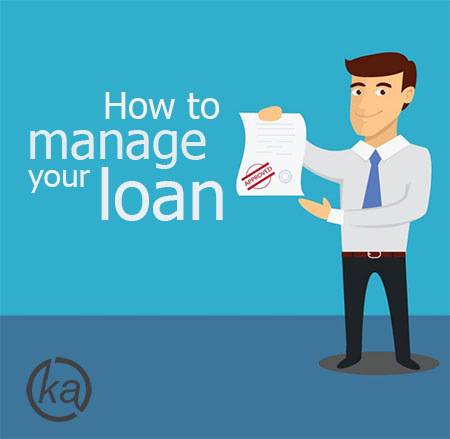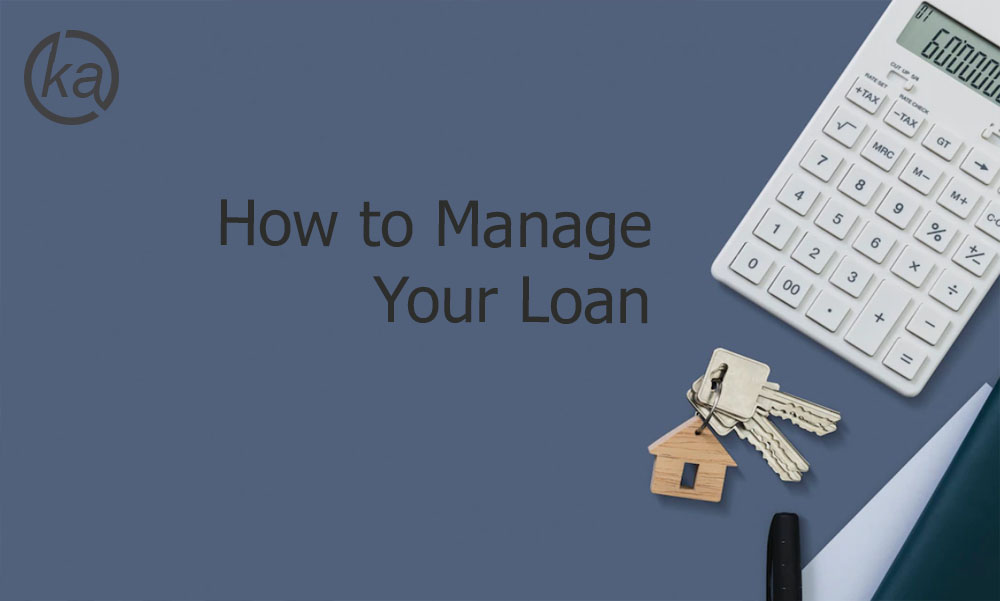It’s crucial to exercise responsible loan management once you’ve obtained one. This entails making timely monthly payments of the correct amount for the entire loan term. You’ve been granted a loan and can use the funds anyway you see fit; but, you will eventually be expected to repay the borrowed money.
The loan process should go smoothly if you can reliably make your monthly payments, but it’s still crucial to know how to manage your loan to avoid running into trouble. It’s also possible that you’ll run into money problems or need to make adjustments to your loan.

How do You Pay back a Loan?
You and the lender will decide how long it will take to pay off a loan. Unsecured loans, which don’t require loan, have a one- to seven-year loan. Despite receiving the loan in one single sum, you’ll likely have to repay it monthly.
The loan you pay depends on the loan’s size, term, interest rate, and fixed or variable status. Most unsecured loans are fixed-rate. Know the monthly payment deadline. You’ll be charged a fee and have a credit hit if you skip a payment. More hits, lower score.
How are Loan Payments taken from Your account?
When you apply for a loan, the majority of financial institutions will give you a range of loan options to pick from. The most popular methods of loan repayment are..
- Direct debit, where the lender takes the payment you owe directly from your account
- A recurring payment on a debit or credit card, also known as a continuous payment authority (CPA). The lender can take the money you owe at their own discretion
- Standing order, where you pay a fixed amount out of your account to the lender at regular intervals
Direct debits are a good option because it’s the lender’s responsibility to take the payment. This reduces the likelihood that you will miss a payment, which is good for your credit.
Can You take a break from Loan Payments?
Payment holidays stop loan payments. You must negotiate a payment holiday with some lenders. You must also prove you can return the loan after the holiday. Even if you expect to resume payments next month, you must notify the lender before stopping payments. It will hurt your credit as a missing payment.
Payment holidays are temporary. Although you can pause payments, the loan may cost more..
- You’re charged interest during the holiday meaning you have to pay more interest overall
- You might be charged a fee
- The loan term is extended by the amount you took as a payment holiday
Can You cancel Your Loan?
Within the cooling-off period, it is possible for you to get out of your loan obligation. This is within 14 days of the loan agreement being signed, or when you received a copy of the agreement, whichever comes first (whichever is later).
After canceling the loan, you have thirty days to pay back the total amount owing, as well as any interest that was accrued during the time you possessed the money.
Can You make changes to Your Loan?
There are a variety of conditions that could necessitate renegotiating the terms of your loan. Take, for example:
- Updating your personal details on a loan
- Extending your loan term
- Increasing the loan amount
Keep in mind that if lenders see a lot of inquiries on your credit report, they may worry that you are in financial trouble and anxious for credit.

